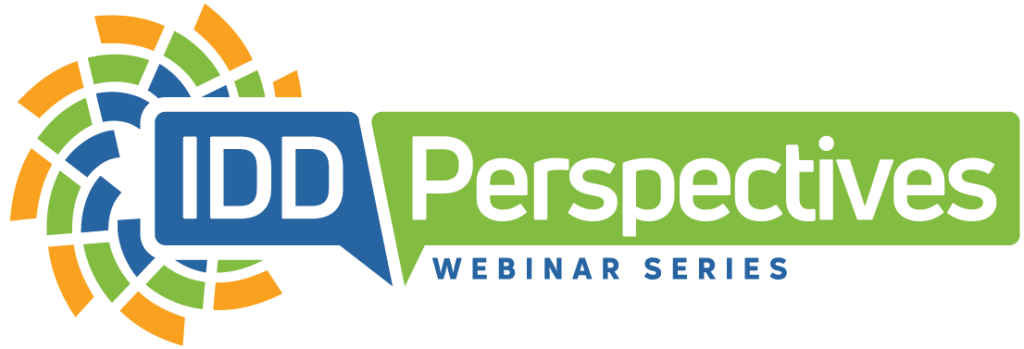From the Desk of Dr. Craig Escudé
Throughout my career, I’ve been guided by a single, unwavering belief: that people with intellectual and developmental disabilities (IDD) deserve the same opportunity as anyone else to live healthy, fulfilling, and self-directed lives. That belief has shaped everything I do—and it continues to drive the work of IntellectAbility.
I’ve seen what happens when care is delivered through a person-centered lens. When we move beyond checklists and diagnoses to see the whole person—their strengths, preferences, and humanity—we unlock something truly powerful. We don’t just improve health outcomes; we restore dignity, build confidence, and nurture connection.
This space is where I share reflections, insights, and stories that come from years of experience in the field, from listening to people with IDD and the people who support them. My goal is simple: to encourage better understanding, spark meaningful dialogue, and help lead a broader shift toward care that transforms lives—not just systems.
Thank you for being part of this mission.
Dr. Craig Escudé, MD, FAAFP, FAADM, FAAIDD




